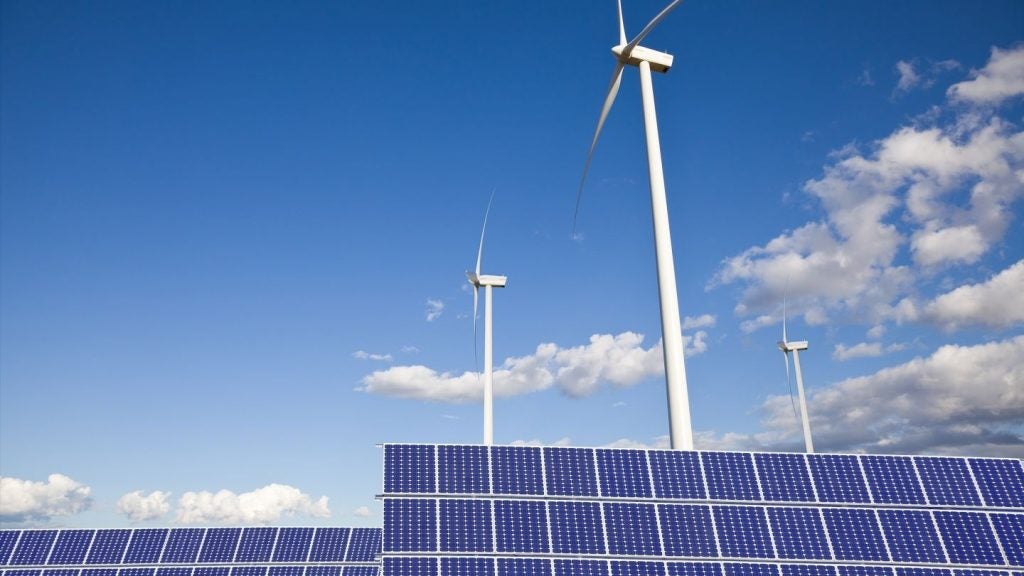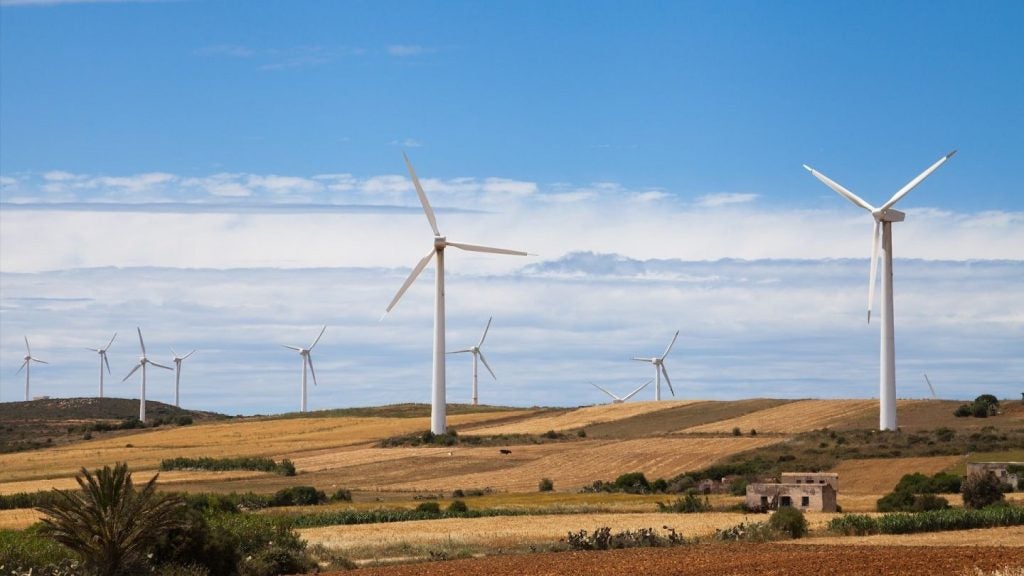Renewables investment company Octopus Renewables Infrastructure Trust (ORIT) has announced an investment of up to £2m ($2.5m) to establish a new UK development focused on solar and battery storage.
The development has an initial target of more than 350MW of projects including ground-mounted solar and co-located battery storage, which will be developed by BLC Energy.
“Investing in the early stages of creating new renewable energy projects brings huge growth opportunities for ORIT, both from value creation through successfully delivering projects, and from the exclusive opportunity to invest into the construction of the sites once they are ready to build,” said Phil Austin, chairman of ORIT, in a statement published last week.
ORIT said that land rights and grid connections for the project were “expected to be secured”, although it did not specify where exactly in the UK the project will be developed.
ORIT is the investment arm of Octopus Renewables, which in turn is a part of British renewable energy company Octopus Energy. The UK-based company is a major utility and powers more than five million UK homes and businesses.
Octopus Energy has made a number of major renewable investments in recent months. In July, the company announced plans to invest £15bn into global offshore wind by 2030. Two months earlier, in May, the company announced an agreement with United Arab Emirates-based company Masdar for the development of UK battery storage.
The UK Government has a target to quintuple its solar capacity to 70GW by 2035 from its current level of 14GW.
According to a report, the UK’s National Grid will need to have more than 50GW of energy storage by 2050 to meet its net-zero targets. At the end of 2021, the UK had 25.8 gigawatt-hours (GWh) of pumped hydro storage and 1.65GWh of battery storage.
A number of UK officials have sounded the alarm over the impacts of a lack of energy storage. In May, Scotland’s First Minister, Humza Yousaf, called on the UK government to deploy more “large-scale, long-duration energy storage”, including pumped hydro storage where water is allowed to flow between two reservoirs as and when power is needed.















